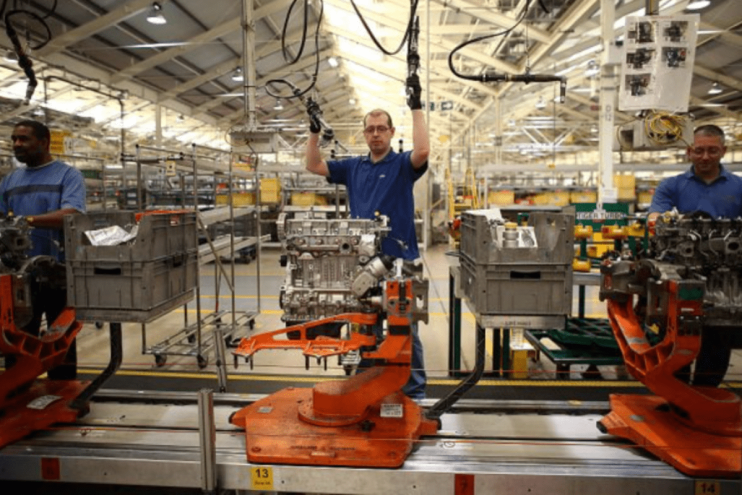UK firms to invest £338bn on re-industrialisation in next three years, research shows

UK firms are planning to invest hundreds of billions in an attempt to bubble-wrap supply chains and bring manufacturing closer to home, new research suggests.
Investment in re-industrialisation among UK firms is expected to hit $423.5bn over the course next three years, according to research from professional services firm Capgemini, up from $351.4bn over the last three years.
The research, based on a survey of 200 supply chain and manufacturing executives at UK firms with more than $1bn in revenue, suggests that the trend towards re-shoring is picking up.
Although only a quarter of firms had upgraded their manufacturing facilities within the past year, 78 per cent of surveyed executives said they had a re-industrialisation strategy or were currently developing strategies.
Just over two thirds argued that improving domestic manufacturing capability was “imperative to ensure national security”.
The executives anticipated that re-industrialisation would bring both competitive advantages and sustainability gains too.
Like many advanced economies, the UK has seen a relatively rapid fall in the importance of manufacturing over the past few decades. Manufacturing made up a quarter of national output in 1980 but has since fallen to less than ten per cent.
However, many western governments have returned to industrial strategies in recent years, reflecting both geopolitical tensions and concerns about the frailty of global supply chains.
The survey showed that 47 per cent of large European and US organisations have already invested in re-shoring their manufacturing production.
So far the UK has been slow on embracing industrial policy, with no major policies to match the Inflation Reduction Act in the US or the Green Industrial Plan in the EU. Just over half of surveyed firms in the UK thought that government policy needed to go further.
The survey suggests investment in the workforce might be a good place to start. Two thirds of surveyed executives argued the UK needed a more highly skilled workforce as the wave of re-industrialisation continued.